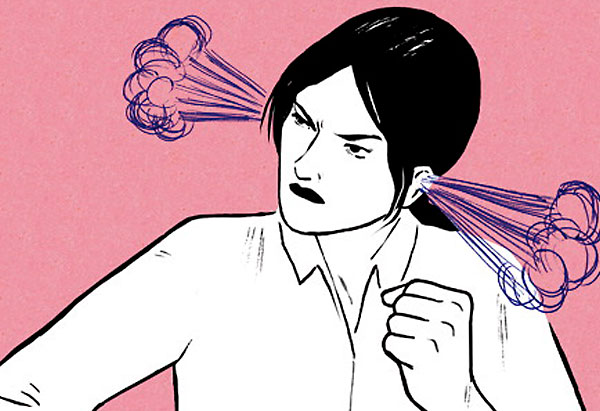What's Happening [02.26.13]

Longer-Term Consequences of Anger Expression in Negotiation: Retali...
Negotiators often concede to angry partners. But what happens when they meet again? The reputation spill-over hypothesis predicts that negotiators demand less from a partner who had expressed anger during a previous negotiation, because they perceive the other as tough. The retaliation hypothesis posits that negotiators demand more from a partner who had previously expressed anger, because they develop a negative impression of the other and want to set things straight.
Read More [HERE]
 Learn from Research- Apply To Your Practice
Learn from Research- Apply To Your Practice
Have you checked recently any of the conflict resolution related journals? Have a look at the recent issues from:
Negotiation & Conflict Management Research
Cinnie Noble- As we know, the word please is usually meant to be a polite statement that accompanies a request of another. With a drawn out pronunciation and sarcastic intonation, this word can turn quickly into an expression that reflects disgust, disapproval, anger, and disagreement. ‘Puullease’ may be used to dismiss the other person, to criticize, or to put them down. In any case, saying this word in the way just described typically leaves little room for conciliatory dialogue.
Read more [HERE]
About
@ADRHub Tweets
© 2026 Created by ADRhub.com - Creighton NCR.
Powered by
![]()
You need to be a member of ADRhub to add comments!
Join ADRhub